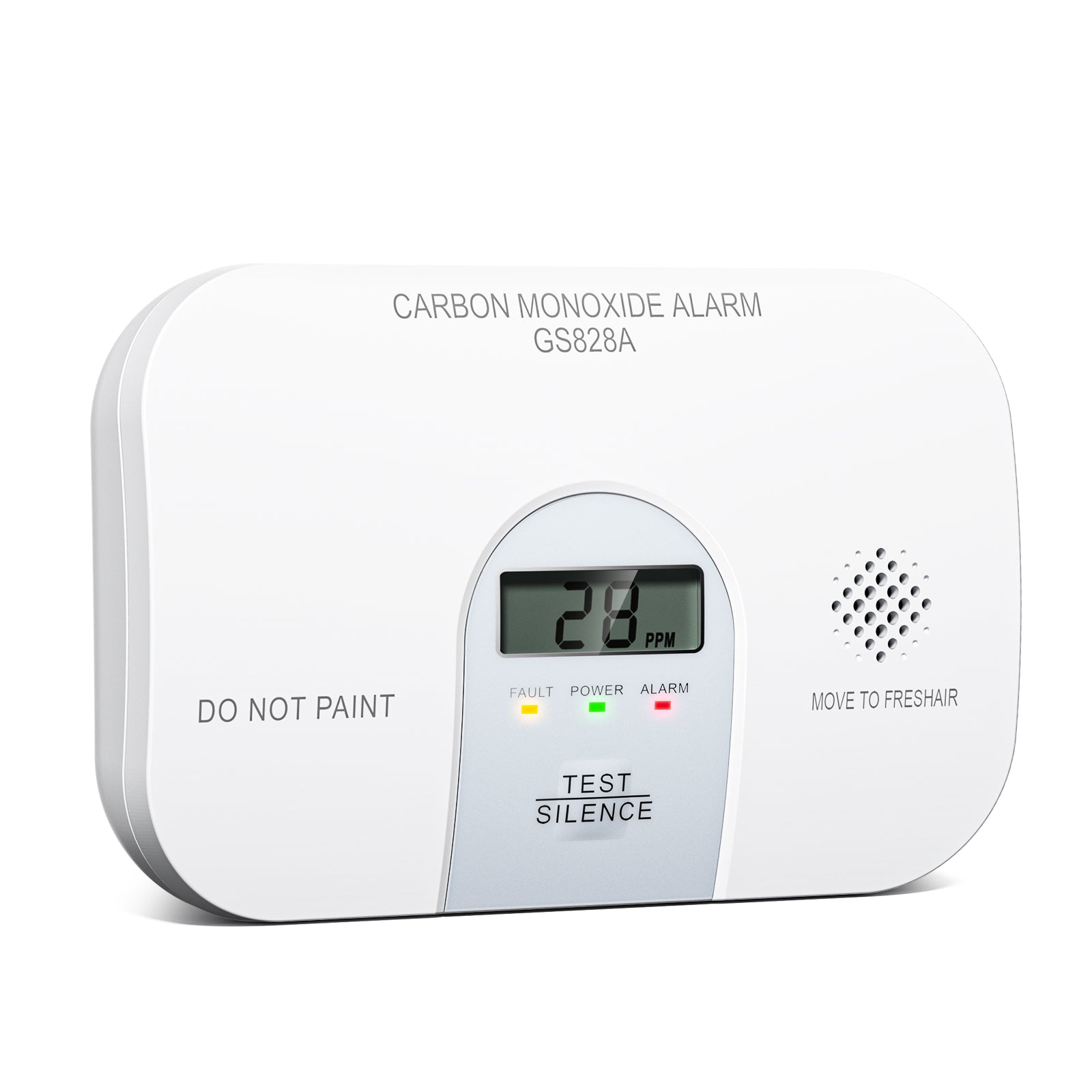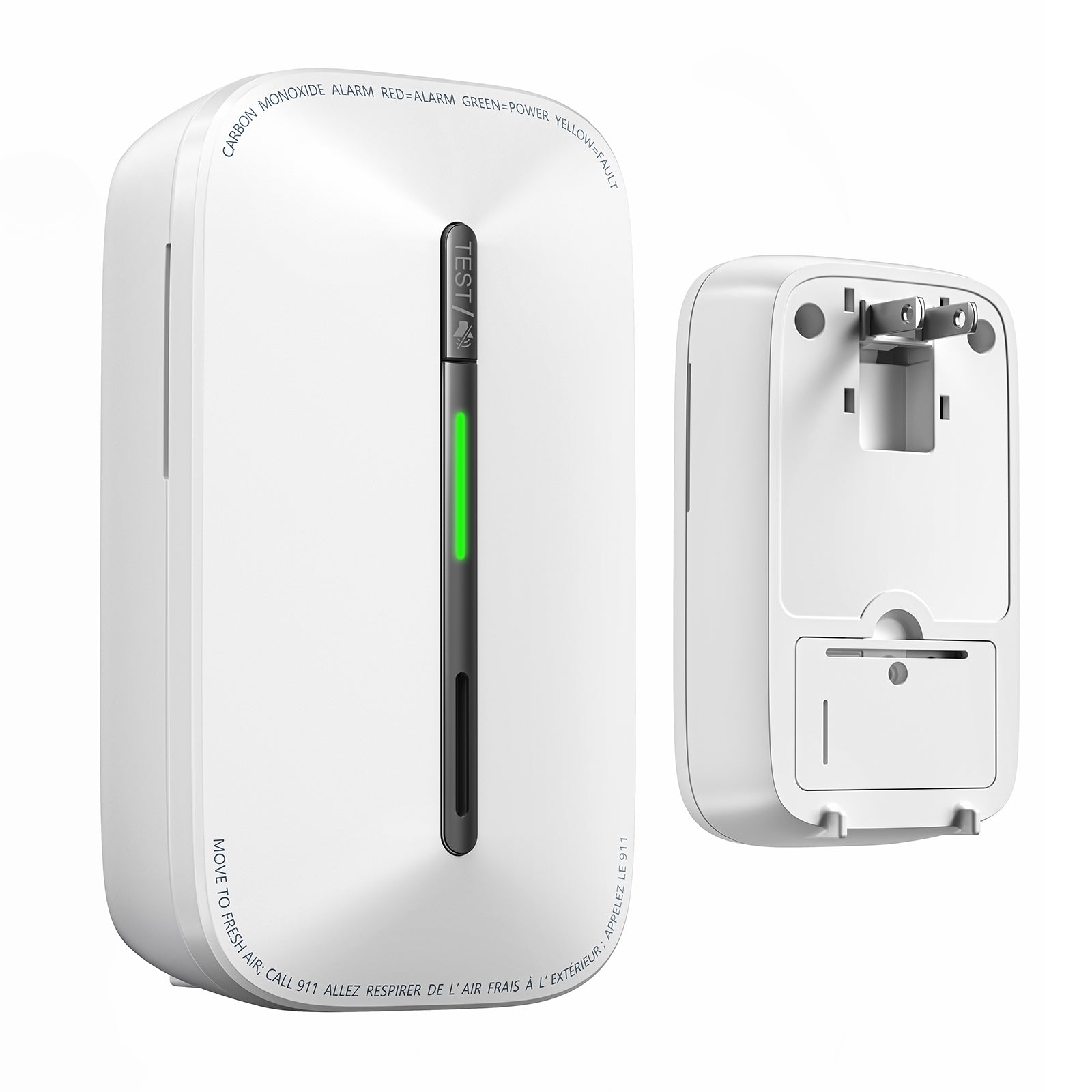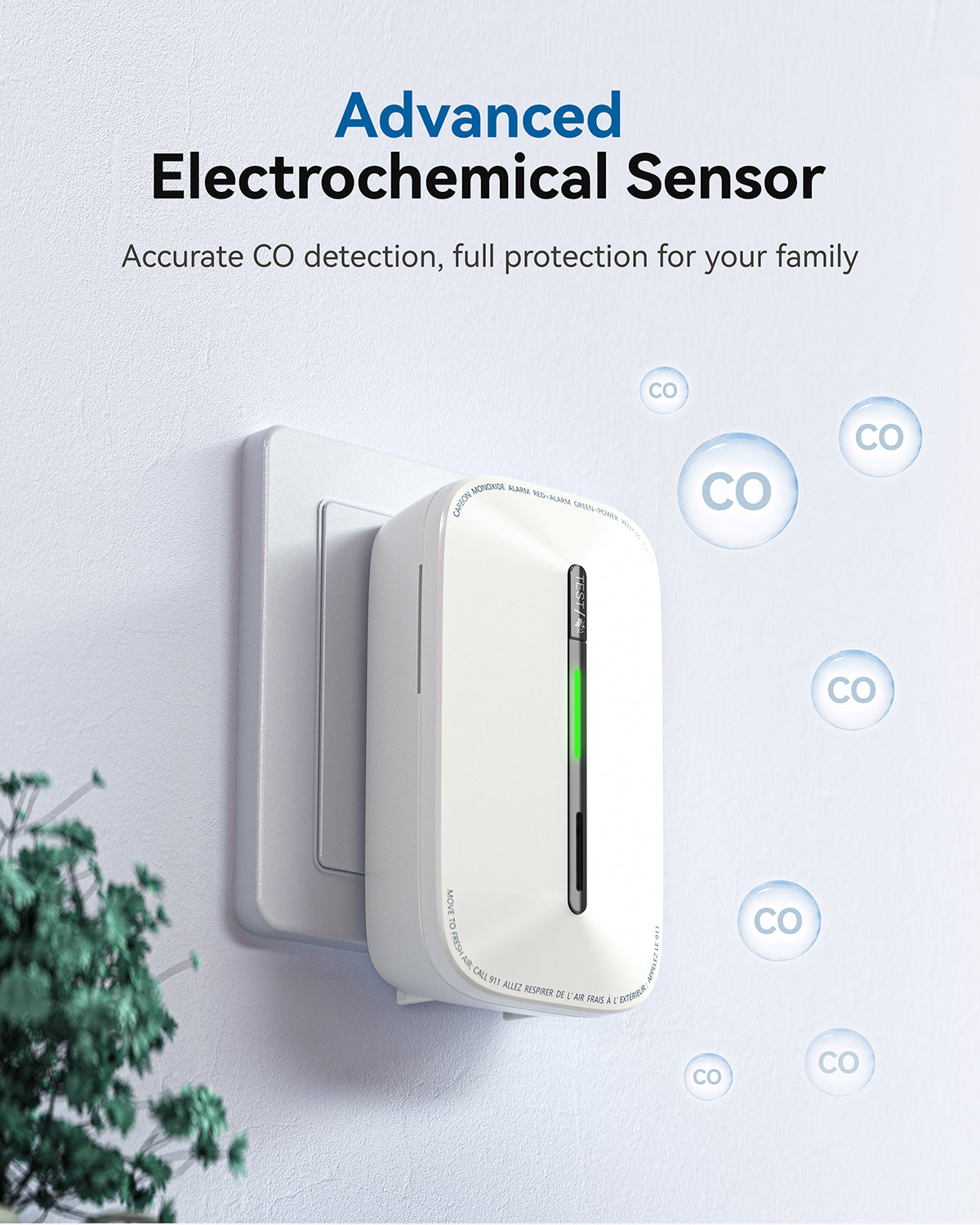Smoke detectors are an essential safety feature in any home or building. They are designed to detect smoke and alert residents to the possibility of a fire, giving them precious time to evacuate the premises. However, not all smoke detectors are created equal. In this article, we will discuss the different types of smoke detectors and which one is best for your home.
- Ionization Smoke Detectors
Ionization smoke detectors use a small amount of radioactive material to ionize the air inside the detector. When smoke enters the detector, it disrupts the ionization process and triggers the alarm. Ionization smoke detectors are best at detecting fast-burning, flaming fires.
- Photoelectric Smoke Detectors
Photoelectric smoke detectors use a beam of light to detect smoke. When smoke enters the detector, it scatters the light beam and triggers the alarm. Photoelectric smoke detectors are best at detecting slow-burning, smoldering fires.
- Dual Sensor Smoke Detectors
Dual sensor smoke detectors combine both ionization and photoelectric sensors to provide the best possible protection. They are more expensive than single-sensor detectors, but they offer the most comprehensive coverage.
- Smart Smoke Detectors
Smart smoke detectors are connected to your home's Wi-Fi network and can send alerts to your phone or other mobile devices in the event of a fire. They can also be integrated with other smart home devices, such as lighting and security systems, to provide a more comprehensive safety solution. However, they are more expensive than traditional smoke detectors.
- Combination Smoke and Carbon Monoxide Detectors
Combination smoke and carbon monoxide detectors are designed to detect both smoke and carbon monoxide. They are a good choice for homes with gas appliances or attached garages, where carbon monoxide may be a concern.
So, which type of smoke detector is best for your home? It depends on your individual needs and preferences. If you are concerned about fast-burning fires, an ionization smoke detector may be the best choice. If you are concerned about slow-burning fires, a photoelectric smoke detector may be the best choice. If you want comprehensive coverage, a dual sensor smoke detector may be the best choice. If you want the convenience of remote alerts and integration with other smart home devices, a smart smoke detector may be the best choice. And if you are concerned about carbon monoxide, a combination smoke and carbon monoxide detector may be the best choice.
No matter which type of smoke detector you choose, it is important to install and maintain it correctly in order to provide you with sufficient protection. By selecting and maintaining the right type of smoke detector for your home, you can ensure that your loved ones are safe in the event of a fire.






